Distributive Politics in Developing Countries
Distributive Politics in Developing Countries
Almost Pork
Edited by
Mark Baskin and Michael L. Mezey
LEXINGTON BOOKS
Lanham Boulder New York London
Published by Lexington Books
An imprint of The Rowman & Littlefield Publishing Group, Inc.
4501 Forbes Boulevard, Suite 200, Lanham, Maryland 20706
www.rowman.com
16 Carlisle Street, London W1D 3BT, United Kingdom
Copyright 2014 by The Research Foundation of State University of New York
All rights reserved . No part of this book may be reproduced in any form or by any electronic or mechanical means, including information storage and retrieval systems, without written permission from the publisher, except by a reviewer who may quote passages in a review.
British Library Cataloguing in Publication Information Available
Library of Congress Cataloging-in-Publication Data
Distributive politics in developing countries : almost pork / edited by Mark Baskin and Michael L. Mezey.
pages cm.
Includes bibliographical references and index.
ISBN 978-0-7391-8068-6 (cloth : alk. paper) ISBN 978-0-7391-8069-3 (electronic) 1. Income distributionDeveloping countries. 2. Distributive justiceDeveloping countries. 3. Economic developmentDeveloping countries. 4. DemocracyEconomic aspectsDeveloping countries. I. Baskin, Mark. II. Mezey, Michael L.
HC59.72.I5D57 2014
339.209172 ' 4dc23
2014026231
 The paper used in this publication meets the minimum requirements of American National Standard for Information SciencesPermanence of Paper for Printed Library Materials, ANSI/NISO Z39.48-1992.
The paper used in this publication meets the minimum requirements of American National Standard for Information SciencesPermanence of Paper for Printed Library Materials, ANSI/NISO Z39.48-1992.
Printed in the United States of America
Contents
It was no accident that we undertook a research project that led to this book on Constituency Development Funds (CDFs) and distributive politics in developing countries. We believe in the unity of theory and practice. The State University of New York Center for International Development (SUNY/CID) at the University of Albany has been implementing development programs and projects for well over a quarter century in areas as diverse as economic development, decentralization, civil society, strengthening rule of law, and legislative development. In this work, we have always strived to remain abreast of current approaches to working effectively with networks of academics, policy makers, development professionals, and ordinary citizens. This work has generated practical assessments, program evaluations, and training and guidance manuals that reflect the latest insights from academic, policy and development research. This intellectual dimension has contributed significantly to the success of our practical work in improving aspects of governance and reform in our partner countries.
Following from this approach to development, we listen carefully to the issues, agendas and real challenges facing our partners abroad in their efforts to improve governance in their countries. So we naturally took notice when CDFs dominated our conversations with members of parliament (MPs) and legislative development experts at a Global Conference on Enhancing the Effectiveness of Parliaments at Wilton Park in late 2008 that had been sponsored by the UKs Department of International Development, The World Bank Institute and the Commonwealth Parliamentary Association (CPA). The discussions on CDFs, an increasingly popular distributive spending scheme that gives MPs a voice in constituency-level development spending, overshadowed discussions on virtually all traditional areas of legislative development at that conference. Upon investigation, we learned that very little space in the academic or development literatures had been devoted to exploring both the possibilities and challenges of CDFs. The emerging and interesting critical literature on CDFs among civil society organizations (CSOs) did not reflect a broader program of research or other activities on this type of distributive spending mechanism in practice. And in our practical engagement with several parliaments in Africa, we could turn to no emerging and constructive body of research on this type of distributive spending to inform our work. This was more the pity given the real popularity of this type of spending and for real differences and conflicts surrounding the operations of CDFs in each country where it is employedas the reader will find in the following chapters in this book. On one hand, it appeared that these constituency funds were addressing real needs of citizens that had often been ignored in regional and local-level development and administration. On the other hand, the operations of these funds were already generating public controversy. So it was time, as Mark Baskin puts it in the Introduction, to reduce the heat-to-light ratio on this interesting and important development. We felt it important to examine this increasingly popular, yet controversial, type of spending and provide a balanced view on CDFs.
Our project began with two exploratory workshops in Albanyone on CDFs and the other on distributive spending in New York Stateand led to a fruitful partnership with the CPA in developing a set of principles for CDF development and tools to guide their use. Our work with CPA is especially helpful for enabling us to collaborate with MPs from all over the world with a range of experiences with CDFs, as well as with staffers and civil society professionals with knowledge about CDFs. This practical collaboration aims to place the operations of CDFs within a broader, good governance framework that is rooted in transparency, good management and accountability. Thus far, we have developed a set of Principles for Constituency Development Funds and have designed a toolbox that would enable all stakeholders in CDFs, including MPs, CDF managers, CSOs and ordinary citizensto approach them constructively and practically. The first part of this collaboration can be found in the appendices and we aim to complete this tool box with CPA by 2015.
The comparative case studies that comprise this book have provided important background to our collaboration with CPA. They provide political and historical perspective into each CDF in an effort both to better understand this type of distributive spending and to offer some insights into distributive spending in developing countries more generally. We now offer this research to a broader public. It is our hope that Distributive Politics in Developing Countries: Almost Pork contributes to the scholarly and practical inquiries into distributive politics that lay at the intersection of comparative politics, parliamentary development, decentralization, and participatory budgeting, to name just a few fields implicated by the topic. Above all, this book exemplifies well our commitment to marrying in-depth research to development practice and inculcating a culture of continuous learning that can inform locally relevant policy and institutional reforms.
Malcolm Russell-Einhorn, Director
SUNY Center for International Development
Rockefeller College of Public Affairs and Policy
University at Albany
We are pleased to acknowledge our many debts from friends, colleagues and students along the way for their considerable contribution to this work. Above all, we would like to thank our collaborators in this project: Joel Barkan, Bob Mattes, Nelson Kasfir, Harry Blair, Stephen Hippo Twebaze, Horace Bartilow, Diana Evans, and David Ndii. We thank them for their excellent work and collaborative spirit that made this project easy and fun.
Much of this work took place in gatherings of academics, public servants, development professionals and nonprofit activists. In two workshops in Albany, we are grateful for the contributions of: Bob Nakamura, David Rousseau, Jeff Straussman, Ned Schneier, Joel Barkan, Kevin Deveaux, Rick Stapenhurst, Rasheed Draman, Scott Hubli, Shem Baldeosingh, Diana Evans, Erzsebet Fazekas, Helen Desfosses, Michael Malbin, Jeffrey Stonecash, Sally Friedman, Marika Dunn, Frank Mauro, Jim Ketterer, Robert McEvoy, Charles Dawson, Barbara Bartoletti, John Burke, Peter Baynes, Kevin Crawford, Michael Hoblock, Marc Levigne, Malcolm Russell-Einhorn, Paul Gumpper, Jim Utermark, Lisa Petter, Andrea Wolfe, Kimberly Pease, Heather Senecal, Gaby Carrascal and Susan Crowdy.
Next page
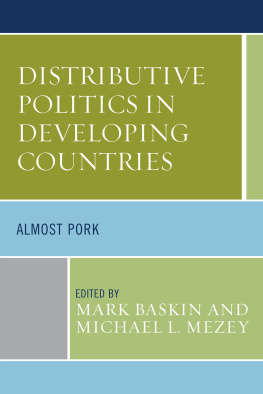
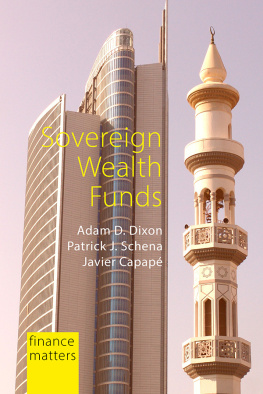



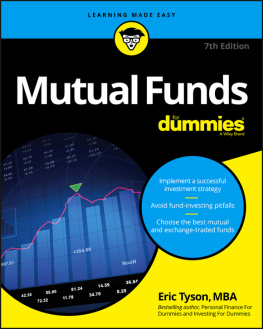
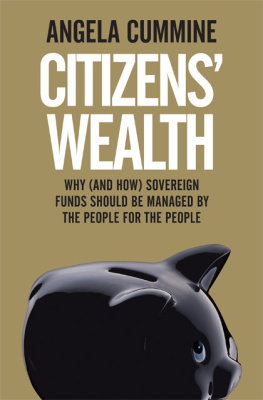
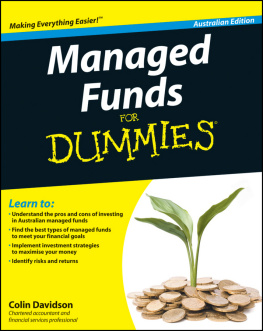
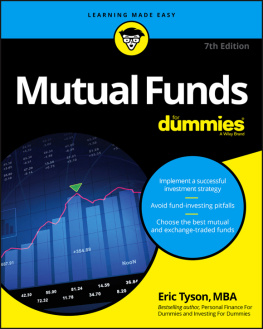

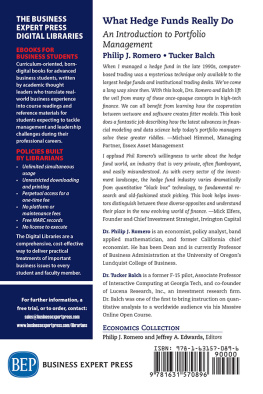
 The paper used in this publication meets the minimum requirements of American National Standard for Information SciencesPermanence of Paper for Printed Library Materials, ANSI/NISO Z39.48-1992.
The paper used in this publication meets the minimum requirements of American National Standard for Information SciencesPermanence of Paper for Printed Library Materials, ANSI/NISO Z39.48-1992.